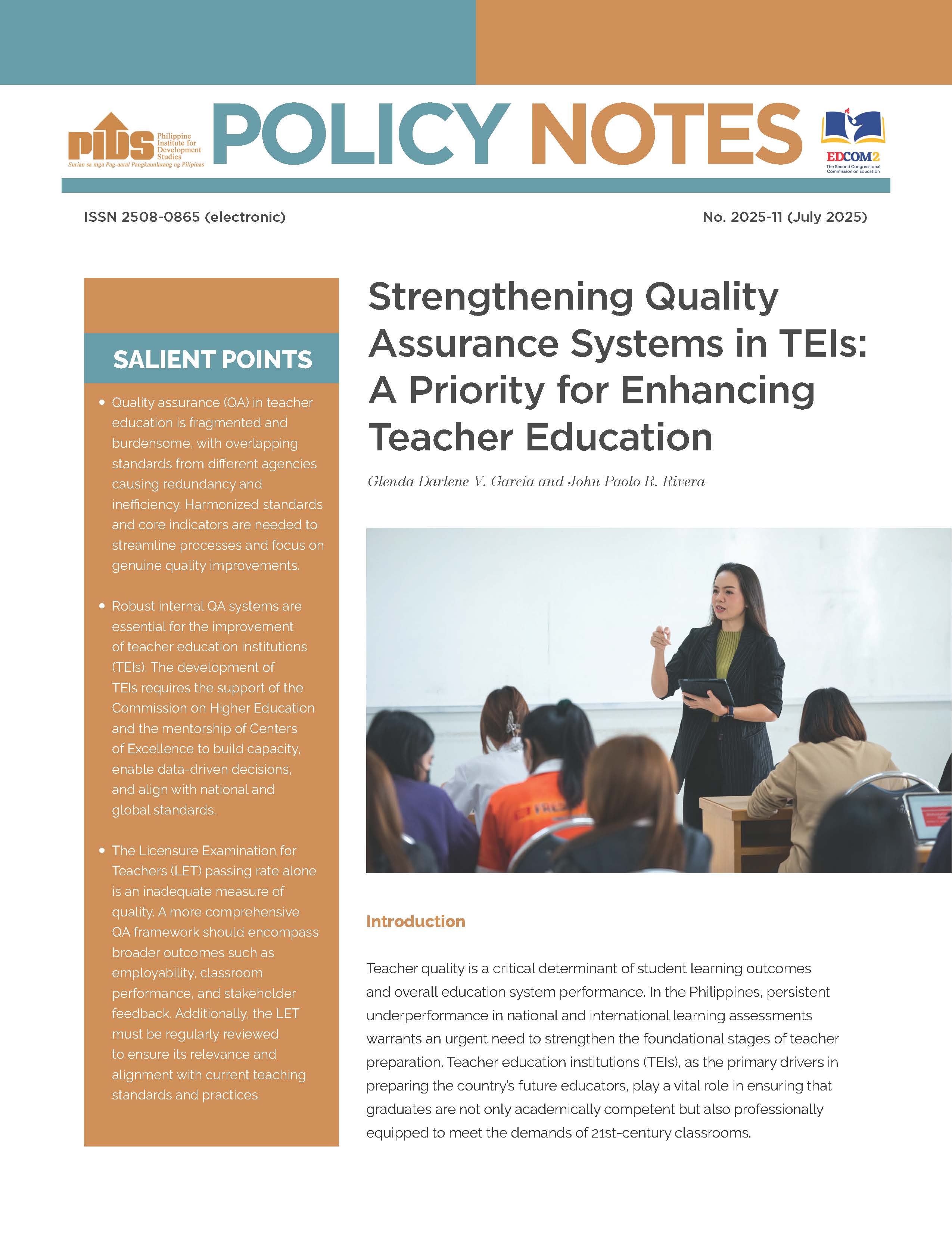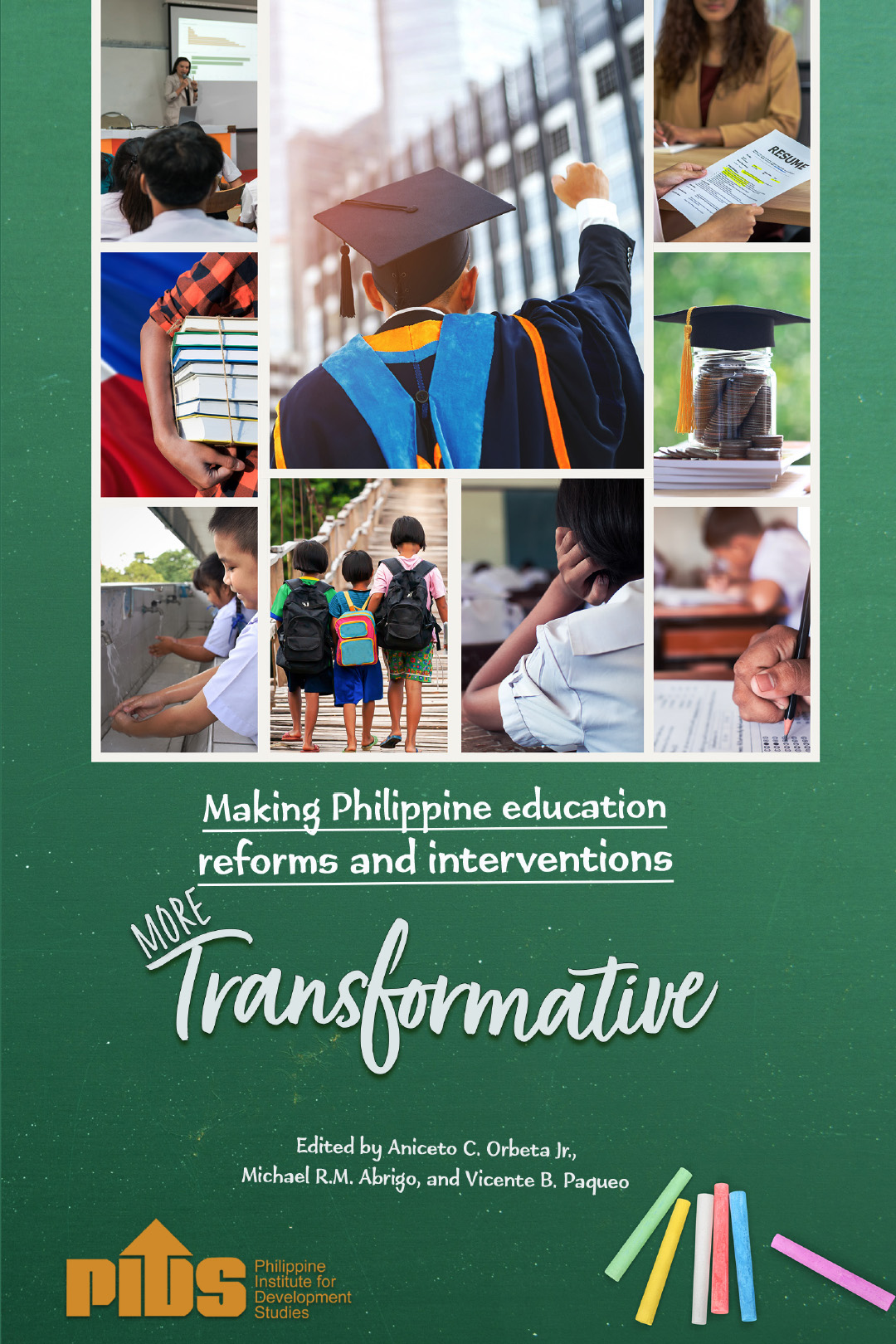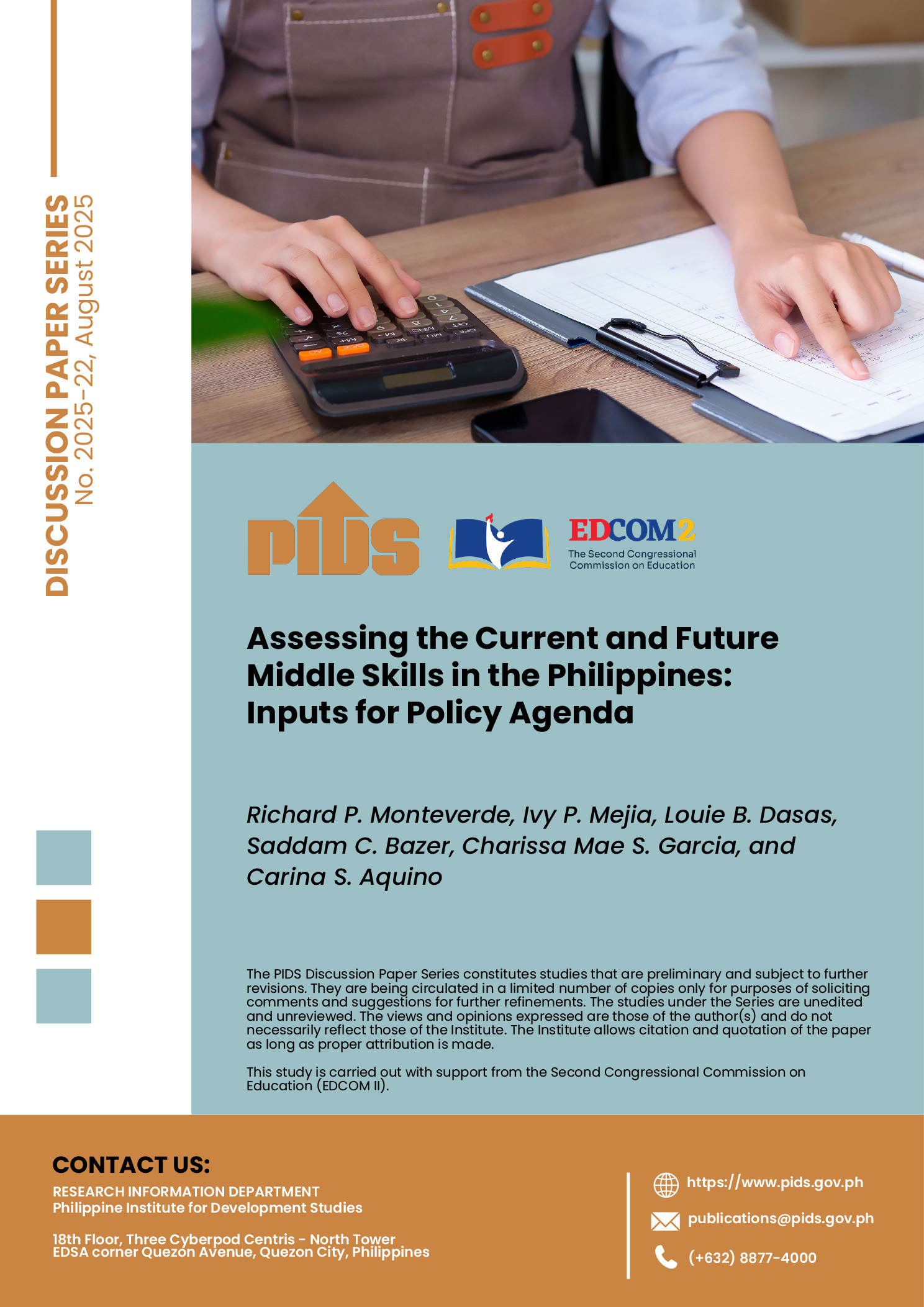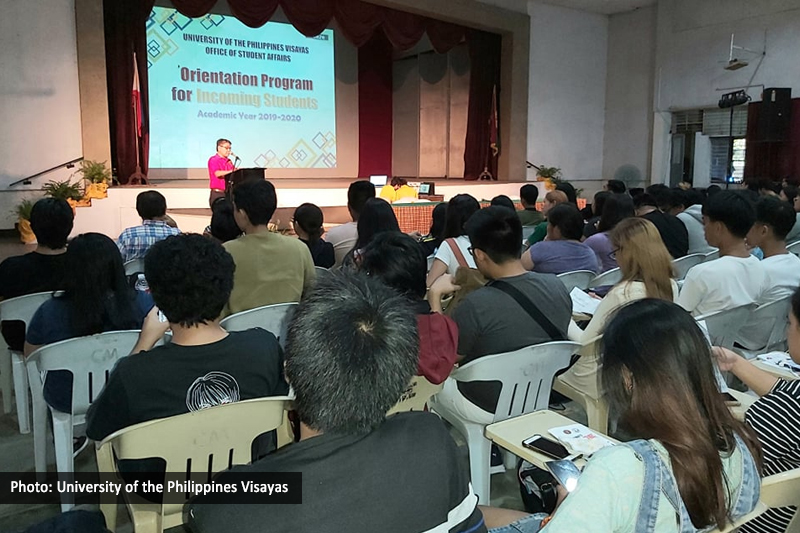That World Bank said the Department of Education (DepEd) needs to improve the design of its Alternative Learning System (ALS) to attract more out-of-school adults.
During a public seminar held recently by state think tank Philippine Institute for Development Studies (PIDS), Takiko Igarashi, one of the authors of a World Bank report on the Philippines’ ALS, noted the low participation and passing rates in the ALS, which indicates that the program is “not fully effective.”
The ALS is a parallel learning system in the Philippines that provides a practical option to the existing formal instruction.
The Basic Literacy program, aims to eradicate illiteracy among out-of-school youth and adults by teaching basic literacy and numeracy.
The Continuing Education Program – Accreditation and Equivalency (A&E), targets those who are functionally literate but did not complete basic education. The latter also offers programs at both the primary- and secondary-school levels.
According to Igarashi, there are around 6.6 million potential enrollees aged 15-30 to the ALS program. Less than 10 percent of this number, however, were enrolled in the program in 2017.
She said, only 60 percent attended classes regularly, while about 20 percent eventually passed the exams.
The low participation and passing rates were even more pronounced in poorer communities such as Autonomous Region in Muslim Mindanao (ARMM), with only four percent of prospective learners were enrolled in the program last year and only one percent of them eventually passed the exams.
The report attributed the low participation rate to high opportunity costs – or missed income opportunities – of attending ALS programs given that many of these potential enrollees are parents who attend to their children or adults who are working.
“Attending ALS classes reduces the time available for paid work, childcare, and household labor for most participants,” Igarashi said.
In addition, the study also encouraged DepEd to focus on providing skills training to help ALS participants to get a better job in the future.
“DepEd should assess the current skills trainings offered by ALS facilitators and explore potential training partnerships with local industries and relevant government agencies such as the Technical Education and Skills Development Authority and the Department of Labor and Employment,” the study recommended.
Meanwhile, the study also noted the challenges faced by the DepEd in administering the ALS program because of the diversity of communities across the Philippines, with participants having different conditions and motivations for joining the program.
A major roadblock faced by DepEd was financing the ALS. Unlike in formal public schools where operating expenses were funded by the national budget, the DepEd finances the ALS by providing resources to individual facilitators.
Sixty percent of the budget was spent by facilitators on transportation and basic supplies such as paper and folders and little is left to buy other learning materials.
“The availability of ALS learning modules are a persistent challenge on the ground, with 70 percent of facilitators without enough copies for their students. As a result, only one in every three active learners can take home the modules for self-learning,” Igarashi added.












